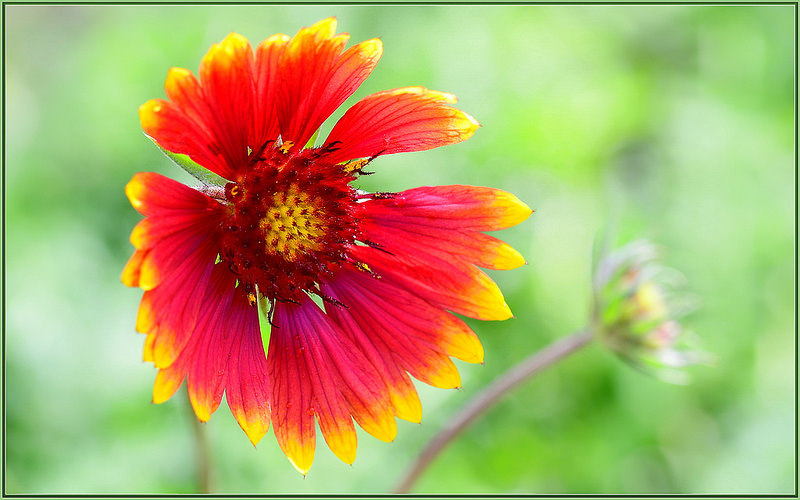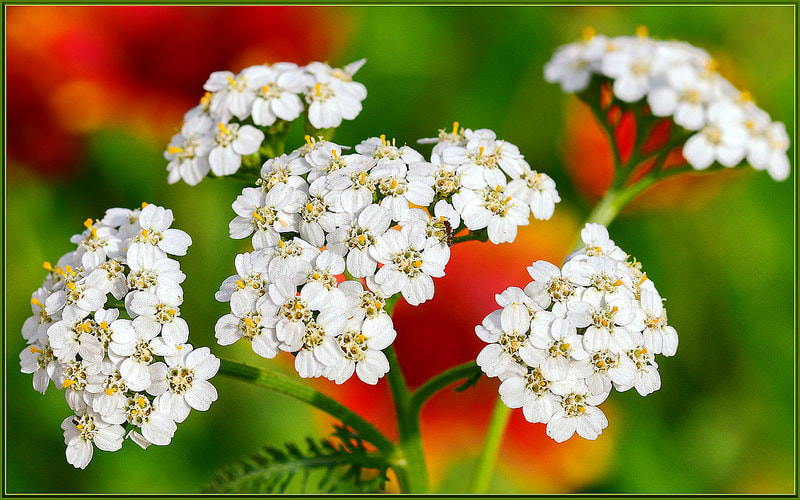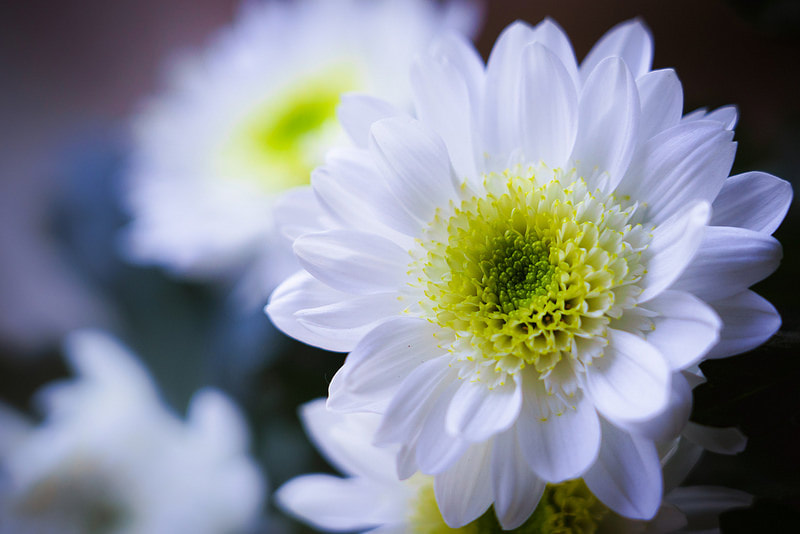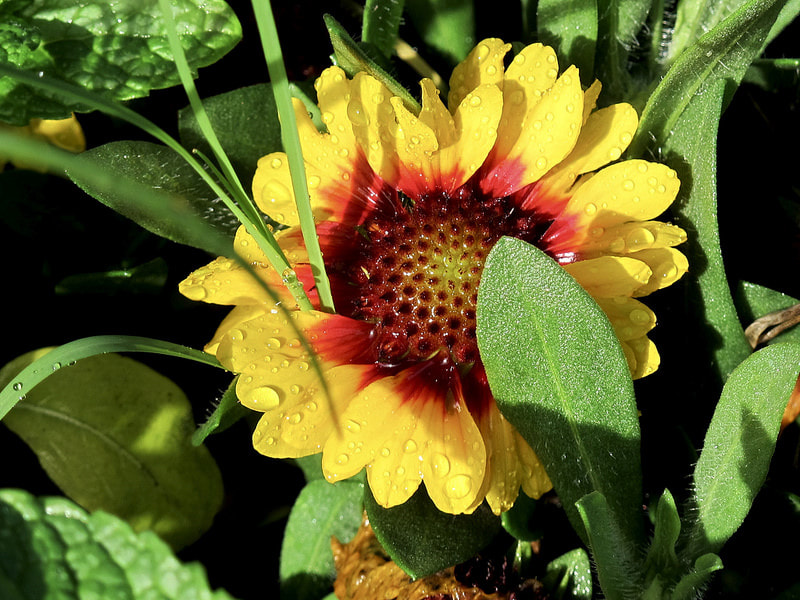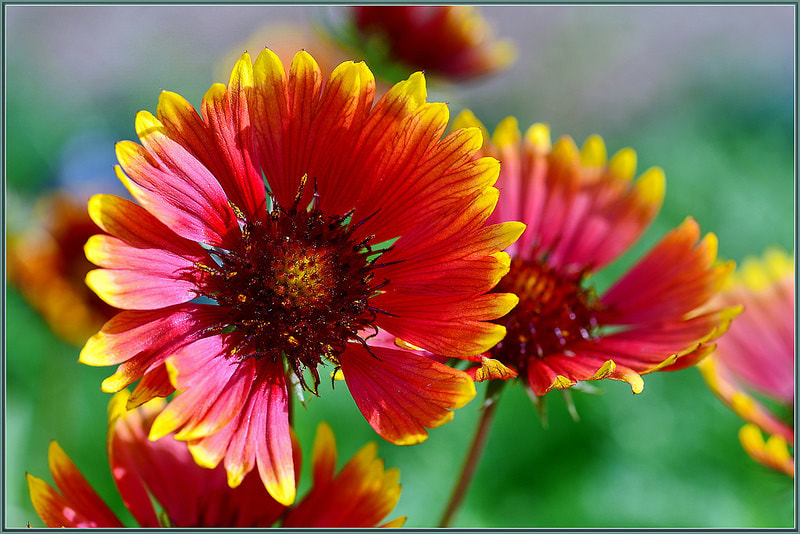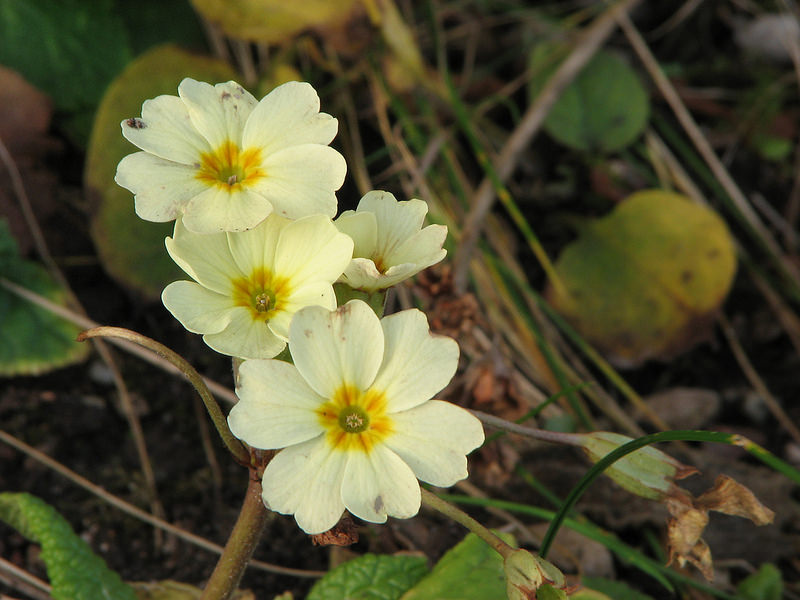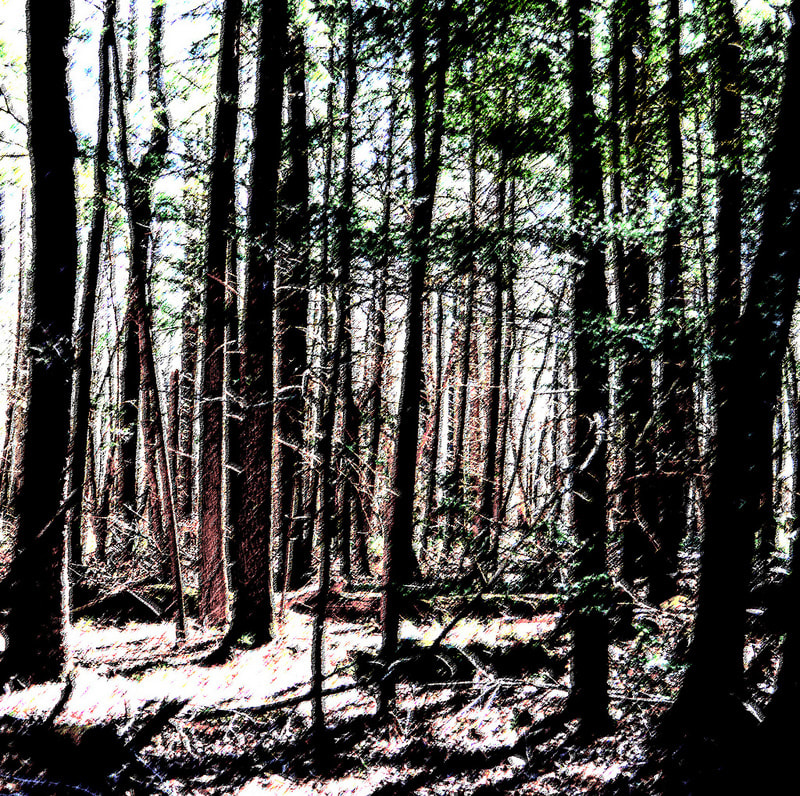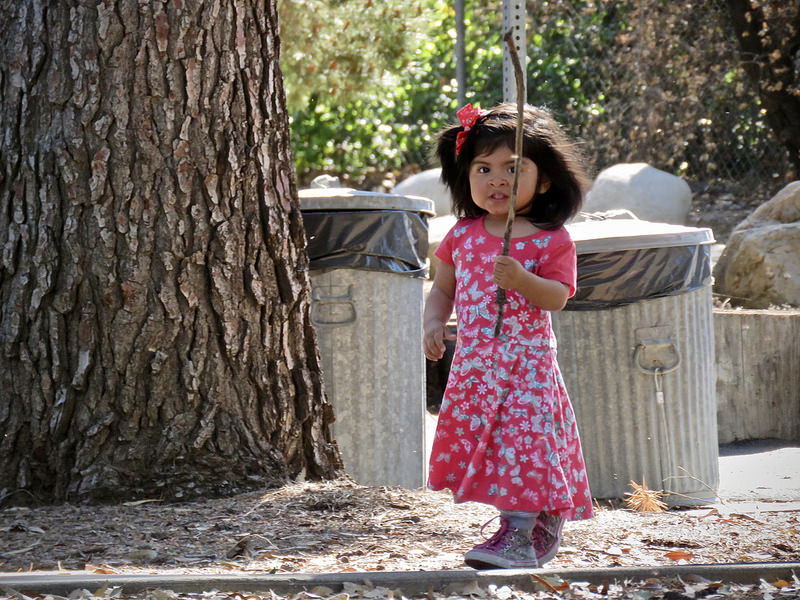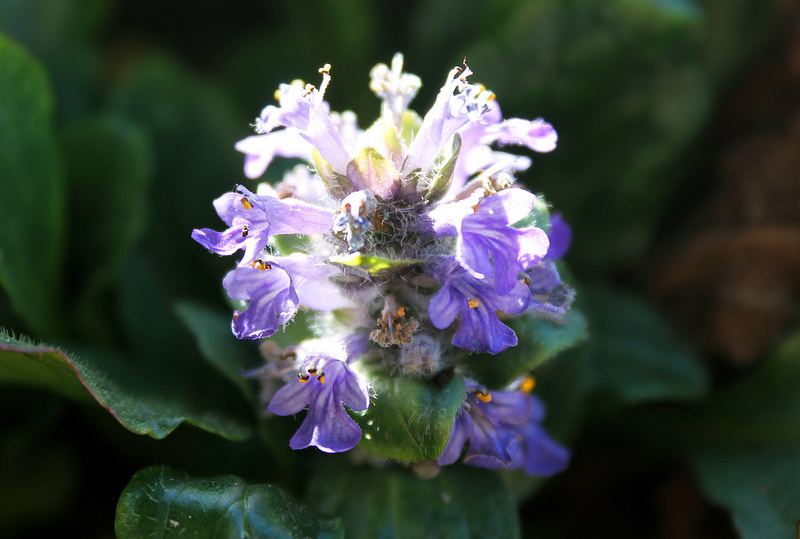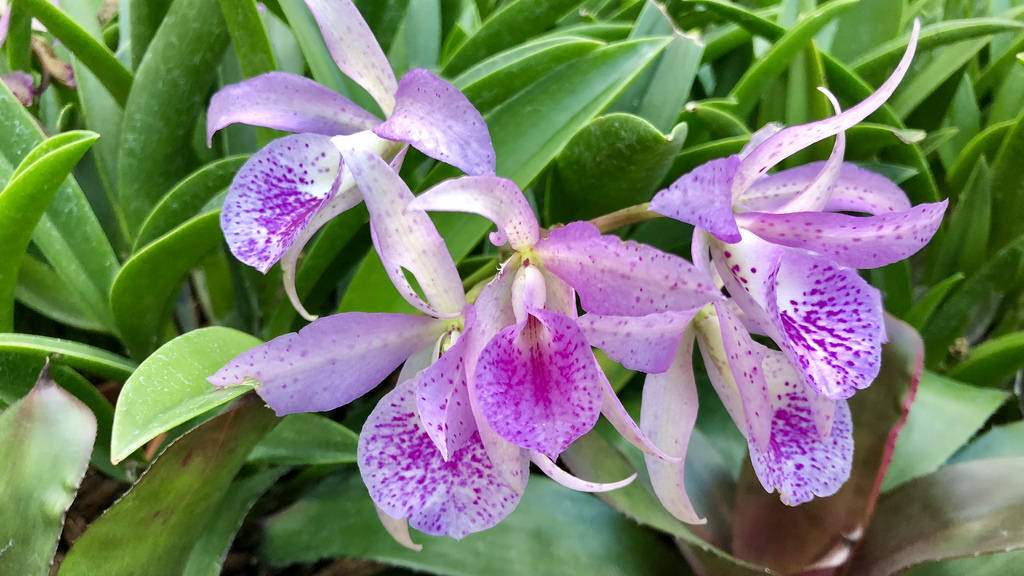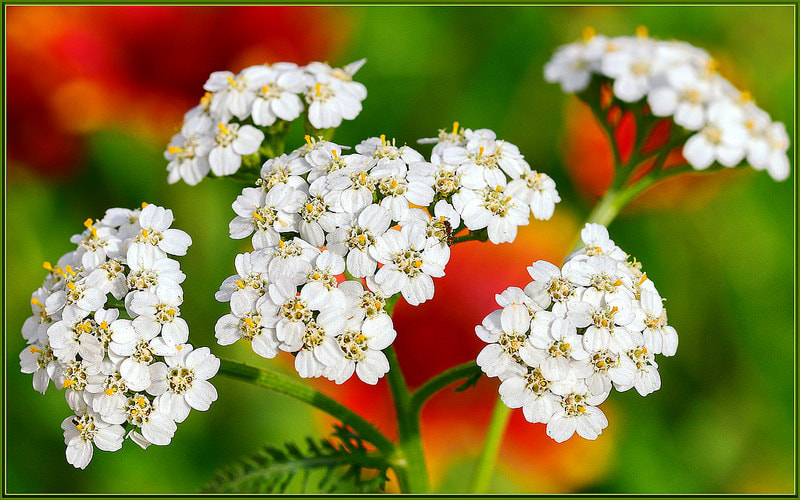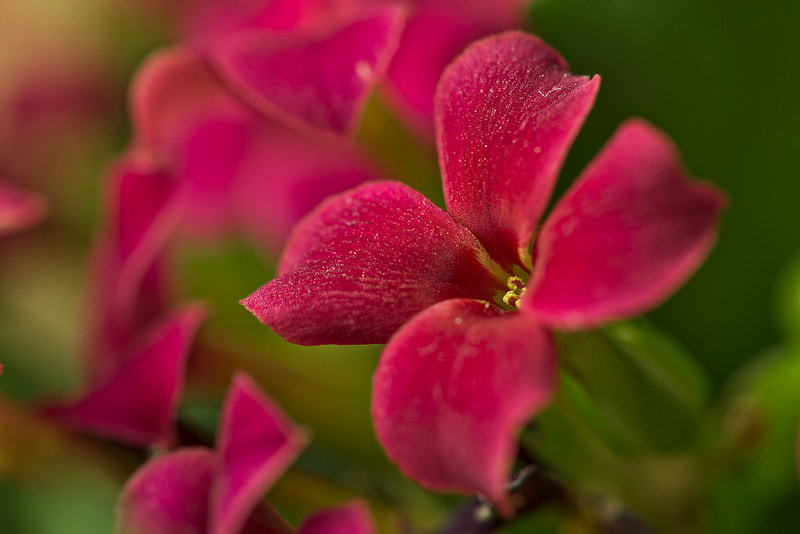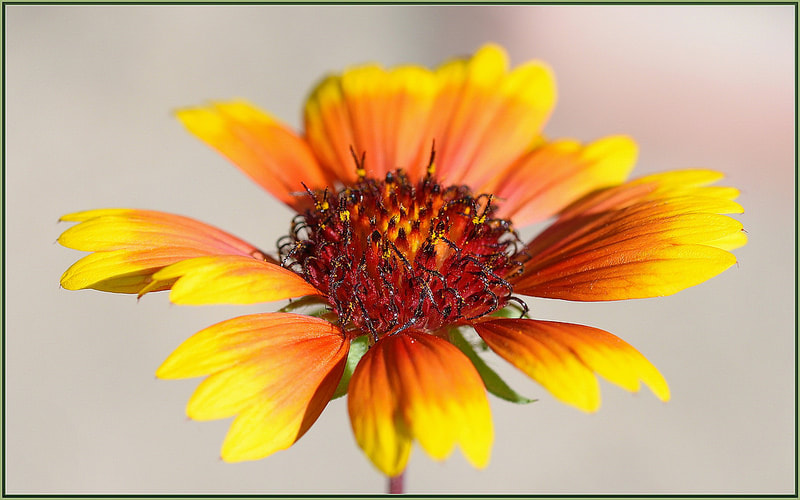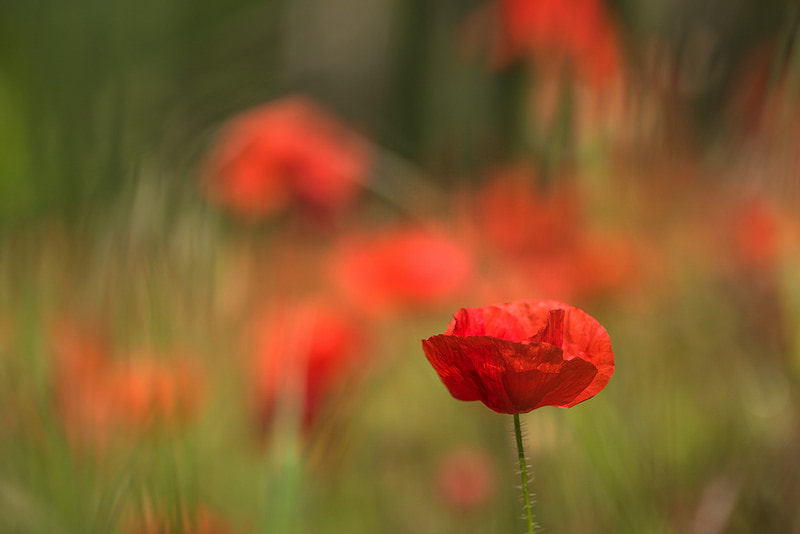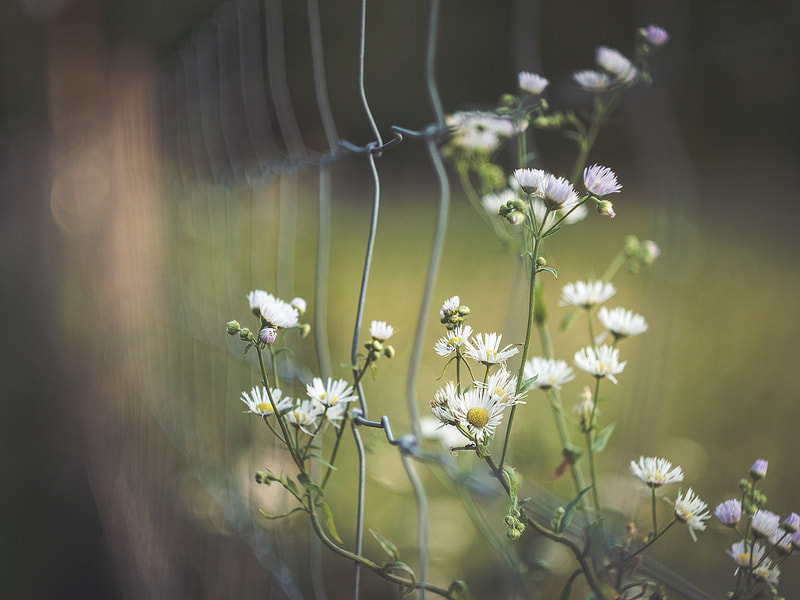We Protect What We Fall in Love With
An Introduction to Process Theology
through the themes of Gratitude for Beauty
and Being Mindful in the Present Moment
|
Mary's Grief
Mary battles with a drug even more powerful than alcohol. She calls it resentment. She wakes up almost every morning with a sense that she is not as "happy" as she ought to be and that it is somebody's fault. Sometimes she targets the somebody: "It is my husband. It is my children. It is my boss at work. It is my mother." Sometimes she just feels like the somebody is life itself. If you talk to Mary a little more, you realize that there's something else eating at her. A quiet, slow-burning grief which she suppresses sometimes and remembers at others. When she was a young girl her parents abandoned her, and she has never gotten over it. Beneath her resentment there's a sadness. Creative Transformation Is there hope for Mary? Rilke asks: “From what experience have you suffered most?" and then assures us that the bitterness can be transformed into sweetness. [1] He is not saying that we can erase the past, but he is saying that life-destroying emotions can be transmuted. Resentment can be transformed into gratefulness for life, gratefulness for the fact that, in time, all wounds heal, gratefulness for beauty. This is one of the primary teachings of Tibetan Buddhism: the transmutation of passions into love. This is a teaching of process theology, too. It is that there is a spirit of creative transformation at work in our lives, and that we can place our trust in it. This spirit of creative transformation is the divine reality itself, as dwelling within our hearts. We might call it the divine Breathing. Trust In Fresh Possibilities This Breathing is not all powerful. It cannot prevent tragedies. God is not and never has been an omnipotent ruler who makes sure that bad things never happen. But this spirit is all resurrecting. With our cooperation the spirit of creative transformation can bring new life out of any tragedy that befalls us. God is a breath of new life. I think of a friend of mine who is a farmer. He tells me that, when young calves are born, he blows into their nostrils with his own breathing in order to help them breathe. He says that we are like the calves and faith is our receptivity to divine Breathing. In a sense faith is a gift, but within us it has an active feel to it. God's Breathing is within us, among other ways, as our own trust in the availability of fresh possibilities, our own trust in possibilities for creative transformation. Another name for this trust is faith. Trust in Love People can have this trust without being sure what they think about God. Even when they lack belief altogether, they can be breathed by God. God is not vain. God does not require being believed in in order to be present in a person's life. Indeed, for process theologians, God is like the love described by St. Paul in the Bible: Love is kind. It does not envy, it does not boast, it is not proud. It does not dishonor others, it is not self-seeking, it is not easily angered. This love is still another reality in which we can place our trust. There is nothing abstract about it. If you are ever in the presence of another person who truly listens to you and cares for you, without judging you, then you are experiencing God's love through them. And if you listen to them in this way, then they experience God's love through you. God does not need to be "God" in order to be real. It is enough that God is love. Trust in Beauty For my part, I find God in Mary. I ask her if she ever has moments of respite from resentment. She says that she has moments of relief when she is gardening or arranging flowers. I ask her what replaces resentment in those moments and she says "Beauty." In Adventures of Ideas Whitehead proposes that the culmination of our soul's journey is a sense of inner peace which surpasses the limitations of our personality, and which is "trust in the efficacy of Beauty." He says that this sense of peace brings with it a "grasp of infinitude" and an "appeal beyond boundaries." Its emotional effect is a "subsidence of turbulence" and it results in a kind of "faith." (Page 285) Mustard Seeds are Enough Let's say, then, that faith has at least three faces. A woman has faith as she (1) trusts in the availability of fresh possibilities, (2) trusts in the power of love, and (3) trusts in beauty. Jesus tells us that we only need a little bit of faith for it to work in our lives. I tell you the truth, if you have faith as small as a mustard seed, you can say to this mountain, 'Move from here to there' and it will move. Nothing will be impossible for you." Mary isn't asking for everything. She doesn't want to move mountains. She just wants to move the bitterness out of her heart so that she can live a more grateful life. I Wish the Gratitude Would Last I ask what she feels when she is in the presence of beauty and she says "Gratitude." Gratitude for what? She says "Flowers." The problem, she says, is the gratitude never lasts. "It has never taken root, it has never been cultivated, in my soul." I understand her situation. It is one thing to believe that life is a gift and another to feel grateful for life in an enduring way. Her need is for gratitude to become an attitude, a disposition, an orientation toward life that underlies the vicissitudes of daily life. That's why the video above is worth sharing. When you see the images you feel grateful and when you listen to the narrative you find yourself wanting to cultivate gratitude in your life. The photographer, Louie Schwartzberg, observes that when people see things that are beautiful -- and we see so many of them in his time-lapse photography and other images -- people often say "Oh...My...God." They are not being irreligious, they are being deeply religious, even if they are not religious at all. Religion can be defined in many ways. One way is to say that it is an encounter with Beauty and a trust in Beauty. Perhaps Oh My God is a kind of theology. Louie Schwartzberg provides an interpretation. Oh...My...God "Oh" refers to the act of being startled into mindfulness of what is happening in the immediacy of the moment, as it is happening. We are experiencing what a Christian might call the sacrament of the present moment: the living presence of what is here and now. In Whitehead's philosophy our very souls are like the crest of a wave rolling toward a shore: a crest which is different at every moment, but always here-and-now. "Oh" is something we utter when the crest awaken to the beauty of what is experienced in the here-and-now. "My" means that the beauty touches our heart, our soul. It represents an overcoming of a false dichotomy between the objective world and the subjective heart. Additionally and importantly, "My" means a link with our own individuality, our own personal pasts, which are unique to our own lives. In the video we are reminded that every person we encounter, every face, is unique and irreplaceable. A gift to the world and to us. The truth of the matter is, we are gifts, too. Our faces, our smiles, bless the world, just as we are blessed by the world. And so does each blade of grass, each leaf, each tree, each star. In the house of "My" there are many mansions. A Journey in Beauty And God? God is, in Schwartzberg's words, "that personal journey we all want to be on, to be inspired; to feel like we are connected to a universe that celebrates life." The phrase is short and sweet and inviting. It links "Oh" and "My" with the idea that the universe itself celebrates life and that God is the act of celebration. Perhaps process theology can offer a an appreciation of this idea. Process theologians do indeed think of God in personal terms: as a Thou whom we address in prayer. But we also think of God as the Soul of the universe and thus as the adventure of the universe as One. For us God is not external to the unity of the universe. God is the unity of the universe. God is the Journeyer who gathers the universe into unity, and the Journeyer is the Journey. God is the becoming of the universe, as gathered into the fluid unity of an continuous and everlasting Life. This Journey is beautiful in its own right: a weaving together of all that can be connected. We experience the Journey when we gaze into the heavens and sense that we are small but included in a larger whole; we experience the Journey as the presence of fresh possibilities that can help turn bitterness into sweetness; and we experience the Journey as lure toward beauty within our own minds and hearts. We are inspired to take another step in life, to participate ever more deeply in the Beauty. We want to journey within the Journey, as fellow pilgrims in the universe of delight. Prayer as Wonder The idea that we can find God through feelings may seem odd to those of us who live exclusively in our heads. We may think that objects of the intellect -- abstract ideas or practical information -- are the only gateways to what is important in life. But process theologians see things differently. We believe that feelings can be a gateway to God, and that people can know God through feelings even if they do not believe in God with their intellects. The very act of celebrating nature's beauty, with a sense of gratitude, is a kind of prayer or holy communion. To pray is not to talk to God all the time, but to listen to God with your ears, your eyes, your nose, your heart. Some people pray by singing. Mary prays by arranging flowers. When she prays she is prayed by the flowers, too. They call her into wonder. The Priesthood of All Flowers "Nature's beauty," says Louie Schwartzberg, "is a gift that cultivates appreciation and gratitude." His point is not that we ought to appreciate the beauty of nature; it is that the beauty of nature is a gift to us which gives us enjoyment and which, in the very giving, cultivates our souls. Nature's beauty is a sacrament or, perhaps better, a priest who guides us into a grateful life, as we let ourselves feel the beauty. Nature cultivates us. This is why we can speak of nature as a priest or spiritual guide. The western presumption is that only human beings can mediate the divine to the human. Surely flowers can be priests, too. We Protect What We Fall in Love With We live in a normative universe in which a call to respect and protect comes to us, not only from our genes or evolutionary heritage, and not only from social convention, but from the Journey in whose pilgrimage we journey. From God. Acknowledging the demands of others to be respected is itself a form of beauty. But humans cannot live on moral obligation alone. We need seduction, too. "Beauty and seduction are nature's tools for survival, because we protect what we fall in love with." Sustainable communities require seduceable hearts: hearts that can fall in love with beauty. For Whitehead there is a Goodness in the impulse to protect. A certain kind of love that mothers and fathers know. Some people might think that Goodness is achieved only through a sense of moral obligation, a sense that other people and the natural world ought to be respected because they have dignity and value. Certainly there is wisdom in this sense of obligation. But humans cannot live by obligation alone. They -- we -- need beauty. The Whiteheadian perspective invites us to recognize that the most enduring forms of Goodness arise out of love rather than obligation, out of delight in beauty rather than fear of punishment. Yes, we protect what we fall in love with. Today is the One Day That is Given to you Today Judaism takes a particular day -- the Sabbath -- as a holy time in which there is a minimum of work and a maximum of rest, a minimum of struggle and a maximum of gratitute. But the principle behind this is that each day has a holiness to it. Each day is a gift. "You think that it is just another day," says the elderly man at the end of the video, but it is the "one day that is given to you...today." His words rings true to process theologians. We believe that each day is unique and unrepeatable. Today is the only time this day will ever happen. Here the word "this" is especially important. We fall into the fallacy of misplaced concreteness if we reduce this day to any old day. We then forget that no day can be replaced by another, because each day is its own reality, its own time in space, its own happening in the the universe of delight. Perpetual Perishing Whitehead speaks of the passage of time as the perpetual perishing of immediacy. Buddhists speak of the passage of time as impermanence. It is cliche but true: the only thing permanent is change. The idea of impermanence be discouraging to those who seek being-without-becoming. But it is the becoming of things -- their passing away -- that gives them their beauty. Mornings would not have their beauty were they not passing into afternoons. One key to gratitude, then, is to celebrate the temporary; to appreciate the fact that this day has never happened and will never happen again. Then each hour becomes a sacrament or a priest. Give Thanks in All Circumstances? The key to life, then, seems to be to be able to be grateful for each day. We are reminded of Paul's teachings in Thessalonians: "Give thanks in all circumstance, this is God's teaching for you in Christ Jesus." (1 Thessalonians 5:18). But Mary finds the whole idea quite objectionable. Should she give thanks for the circumstance of her early abandonment? I think not. There are many, many circumstances in life which are tragic, violent, unjust, and lamentable. Some may require moral outrage. But moral outrage, when clung to, becomes debilitating resentment. It burns a person out. Paul's teaching is that we can give thanks in all circumstances, not for them. The Wine Press The narrator in the video is Louie Schwartzberg's partner in gratefulness, the Catholic monk David Steindl-Rast. He has an international website -- www.gratefulness.org -- which serves as well-spring of advice for those seeking to gain freedom from resentment and freedom for gratitude. I was curious about what advice he might give those of us who struggle with resentment born of grief. Here is what he writes: "Even if an experience crushes you, can it not serve as a wine press that releases an unexpected sweetness? Is there some way in which it allows you to reclaim a part of yourself that you’d forgotten? Did it release courage, compassion, a deeper awareness of what matters? Ponder each of these qualities and see if you can find them in your own experience: courage (take a moment for this); compassion (for whom?); a deeper awareness (of what?). And can you name other sweetnesses that can flow out of the grief that crushes you? Pay attention to the faintest taste of sweetness." The Taste of New Wine There is a story in the New Testament where Jesus says that, when we have new wine, we need to put it into new wineskins. (Matthew 9:17). Gratitude is the new wine, and it comes in different flavors. Sometimes it is gratitude that we have the capacity to create new wineskins out of our old selves: a sense of faith that fresh possibilities are possible, no matter what the circumstances. And sometimes it is gratitude for the beauty we find in the world, each day, no matter what has happened. This beauty reveals a deeper Beauty that is a celebration within the whole of life. We see in the video that we can be partners in this celebration. We learn from David Steindl-Rast's website that we can join others who are likewise partners. Let's join in it. There's more than enough wine to go around. There's another story in the New Testament about Jesus turning water into wine. Is it Jesus? Is it God? Is it the the Journey? Who knows? Somebody makes more every time we run out. There's always hope, no matter what. That's good enough. |

